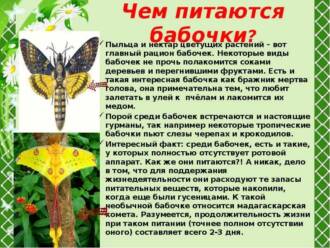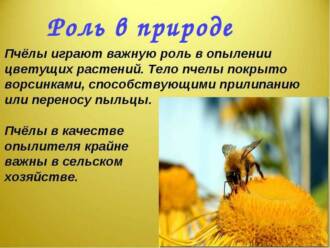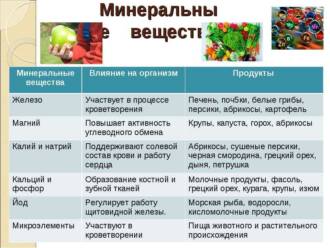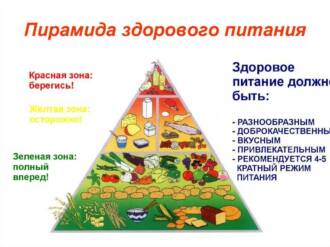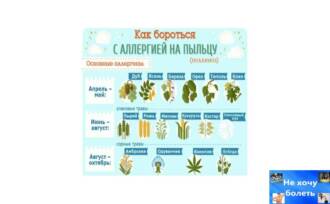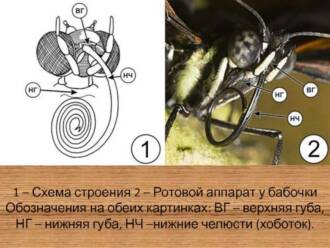
Butterflies are delicate and beautiful creatures that fascinate with their beauty and ease of flight. However, few people think about the fact that these winged creatures need proper nutrition to maintain their vital functions and reproduction. One of the key sources of food for butterflies is nectar, which contains not only energy, but also important nutrients.
Nectar is a sweet liquid secreted by flowers to attract pollen-bearing insects, including butterflies. It is the main source of energy for butterflies, as it contains sugars that they use as fuel to fly and maintain their vital functions. Without sufficient nectar, butterflies cannot fly long distances, find a mate, or survive in adverse weather conditions.
However, nectar is not only a source of energy for butterflies, but also an important source of nutrients. The nectar contains various vitamins, minerals and antioxidants that are essential for maintaining the health and immune system of butterflies. They help butterflies fight various diseases and protect their body from the harmful effects of the environment. Therefore, it is important that butterflies have access to a variety of colors in order to get all the nutrients they need.
Thus, proper nutrition for butterflies is an integral part of their life. Nectar, as a source of energy and nutrients, plays an important role in their survival and reproduction. Therefore, we must protect their natural environment, preserve the diversity of plants and flowers in order to provide butterflies with the necessary source of nutrition and preserve their beauty and uniqueness.
The effect of proper nutrition on butterflies
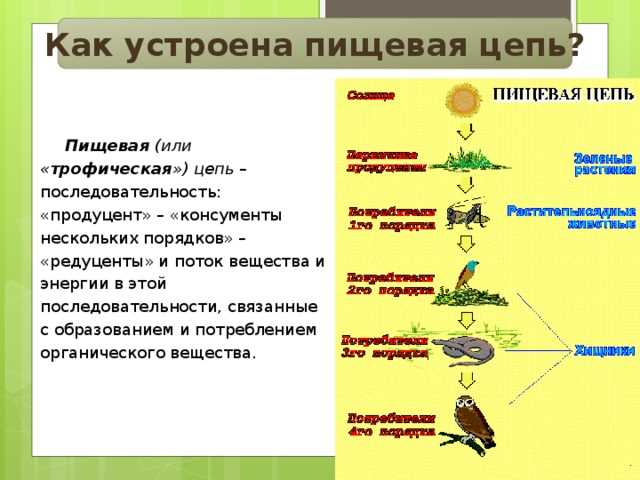
Proper nutrition plays an important role in the life of butterflies, as it provides them with the necessary energy to perform vital functions. One of the key food sources for butterflies is the nectar of flowers.
Nectar contains sugars that butterflies use as a source of energy. It is the main food source for adult butterflies, which feed on nectar to keep them active and moving. Butterflies visit various flowers to gain access to nectar and thus play an important role in plant pollination.
The nectar also contains a variety of nutrients, such as vitamins and minerals, which are essential for keeping butterflies healthy. The lack of essential nutrients can lead to weakened butterflies and reduce their ability to reproduce.
Proper nutrition and reproduction of butterflies

Proper nutrition also plays an important role in the reproduction of butterflies. Females that are preparing to lay eggs must have enough energy to produce and maintain eggs. Butterflies can choose flowers that contain not only nectar, but also plant substances necessary for the development of their offspring.
For example, some species of butterflies lay their eggs on certain plants, which become food for the caterpillars. Caterpillars feed on the leaves of these plants and receive the necessary nutrients for their growth and development. Proper feeding of caterpillars can also lead to strong and healthy pupae and, ultimately, healthy and strong adult butterflies.
Thus, proper nutrition is an important factor that affects the life and reproduction of butterflies. Ensuring butterflies have access to sufficient nectar and other nutrients helps keep them healthy and able to perform their important ecological functions.
The role of nectar in the diet of butterflies
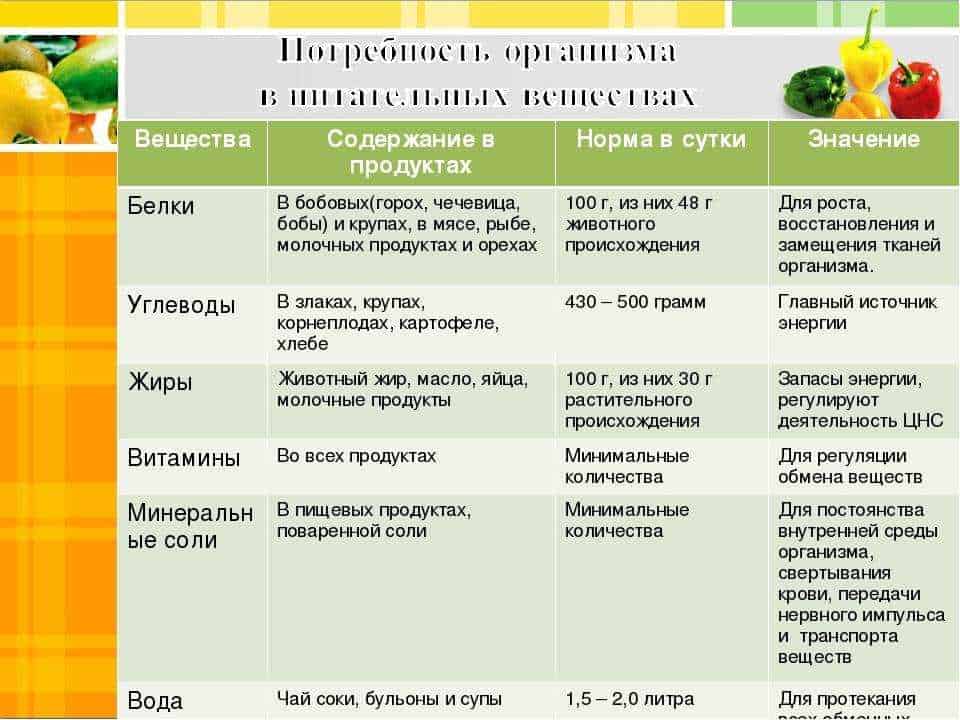
Nectar plays an important role in the diet of butterflies, providing them with the necessary source of energy for survival and reproduction. Butterflies, like other insects, are polyphages, that is, they eat a variety of foods. However, nectar is the main food source for most butterfly species.
Nectar contains sugars, which are the main source of energy for butterflies. They allow insects to maintain an active life, including flights and the search for partners for reproduction. Thanks to the constant supply of energy from nectar, butterflies can fly long distances and overcome obstacles in search of food and places to lay eggs.
In addition, the nectar also contains vitamins and minerals needed to keep butterflies healthy. They help them maintain their immune systems and fight infections and diseases. Nectar is also an important source of moisture for butterflies, especially during the hot season when access to water can be limited.
In general, nectar plays an integral role in the diet of butterflies, providing them not only with energy, but also with the necessary nutrients to maintain vital functions. Therefore, the conservation of a variety of plants that provide nectar for butterflies is an important task for maintaining their populations and biological diversity in general.
Energy source for butterflies
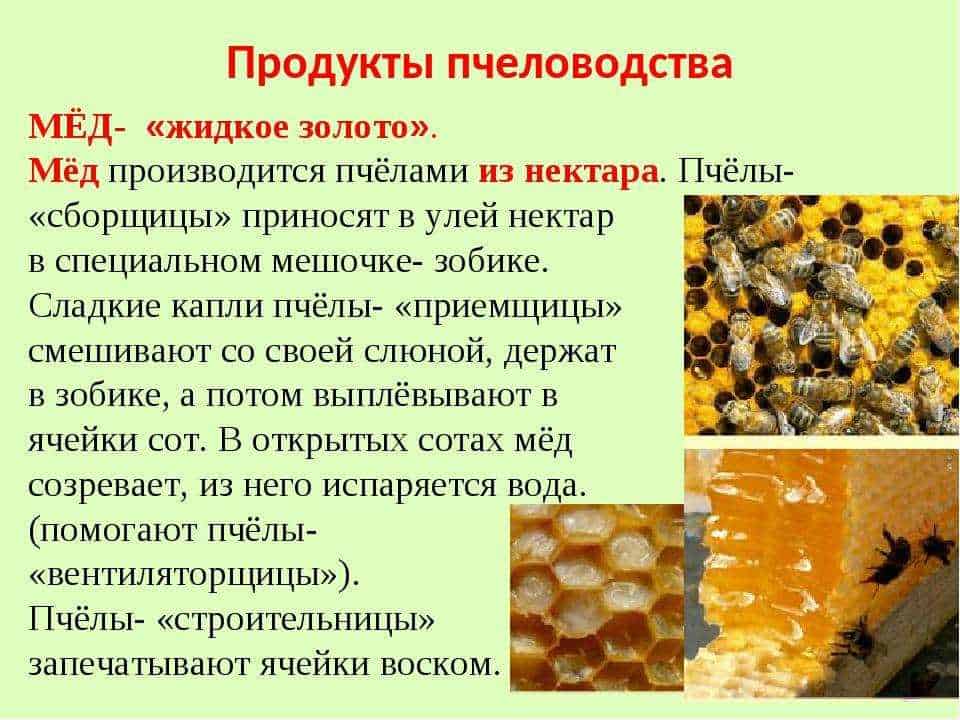
For butterflies, the source of energy is nectar, which they receive from the flowers of various plants. Nectar contains sugars, which serve as the main source of nutrition for butterflies and provide them with the necessary energy for life.
Butterflies have a special mouth structure called a papilla with which they can absorb nectar from flowers. The papilla is a thin tube that the butterfly unrolls and sticks into the flower to suck out the nectar.
Nectar contains various types of sugars, such as glucose and fructose, which give butterflies the energy to fly, find food, and reproduce. In addition, the nectar also contains some vitamins and minerals needed to keep butterflies healthy.
Butterflies select flowers for food based on their shape, color, and scent. They may be attracted by the bright colors and sweet fragrance of the flowers, which indicate the presence of nectar. Butterflies can also use their keen visual apparatus to detect flowers with nectar.
The source of energy for butterflies is not only nectar, but also other food resources, such as pollen, plant juices, and even fruits. However, nectar is the main food source for butterflies and plays an important role in their life cycle.
The importance of drinking nectar for the development of butterflies

Nectar plays an important role in the life cycle of butterflies, being responsible for their development and survival. Butterflies are the main pollinators of plants, carrying pollen on their legs and promoting plant reproduction. However, in order for butterflies to fulfill their role as pollinators, they need to get enough energy from nectar.
Nectar is a sweet liquid secreted by flowers to attract pollinators. It contains sugars, amino acids, vitamins, and other nutrients that butterflies need to maintain energy balance and grow. Drinking nectar not only provides butterflies with energy, but also the nutrients they need to grow and maintain their bodies.
Butterflies actively visit flowers to feed on nectar. They use their long mouthparts, called proboscis, to reach the nectar that is found deep in the flower. Butterflies, feeding on nectar, also perform an important pollination function, transferring pollen from one flower to another, contributing to the reproduction of plants.
Nectar is not only a source of energy for butterflies, but also an important factor influencing their survival. Some butterfly species have specific preferences for colors and types of nectar, which can affect their ability to find a sufficient nutritious food source. Some flowers are high in nectar while others may be poor in nectar. Therefore, the presence of a variety of flowers and plants with different types of nectar is important for the nutrition and survival of butterflies.
Thus, the consumption of nectar plays an important role in the development and survival of butterflies, providing them with the necessary energy and nutrients. A variety of flowers and plants with different types of nectar is key to maintaining butterfly populations and ensuring their role in plant pollination.
The benefits of proper nutrition for butterflies
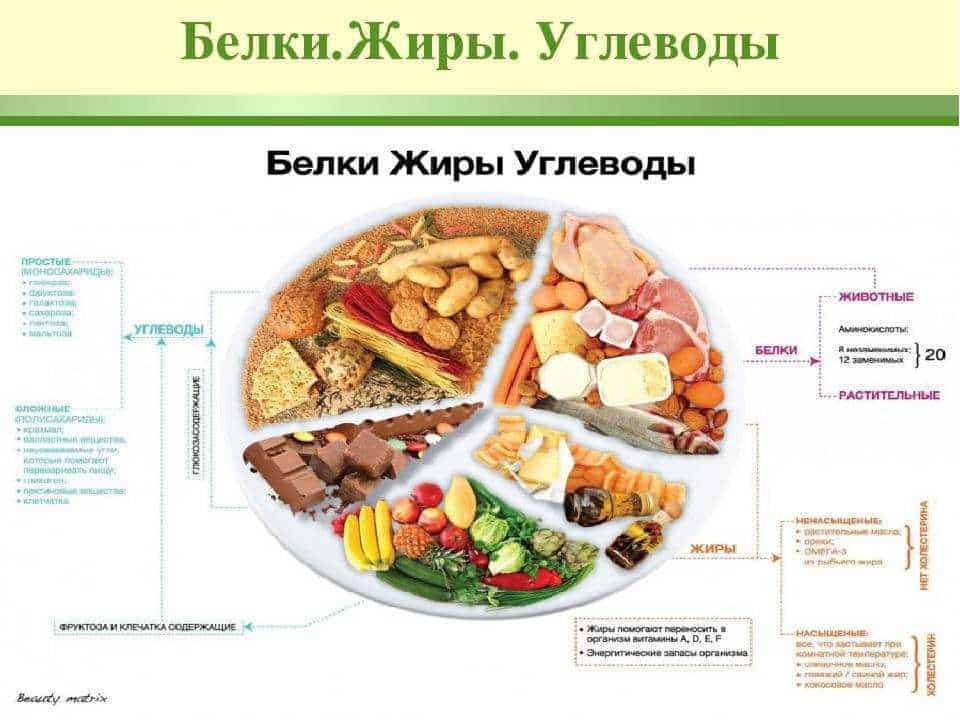
Proper nutrition plays an important role in the life of butterflies and is the basis for their health and development. Butterflies get their nutrients from nectar, which is their source of energy.
Nectar contains sugars, vitamins and minerals necessary for the normal functioning of the body of butterflies. It is the main source of energy and allows butterflies to fly, find partners, reproduce and perform other important functions.
Butterflies have different preferences in choosing plants for food. Some species prefer the flowers of certain plants, while others may feed on the nectar of various plant species. It is important for butterflies to have access to a variety of nectar sources in order to obtain all the necessary nutrients.
Flowers are the main source of nectar for butterflies. They attract butterflies with their bright colors and scents. As a rule, butterflies prefer flowers with bright and rich colors such as reds, purples and oranges.
Proper nutrition plays an important role in the life of butterflies, helping them to maintain health, energy and reproduction. Giving butterflies access to a variety of nectar sources is one way to maintain their population and keep these beautiful creatures in the wild.
How to choose the right food for butterflies
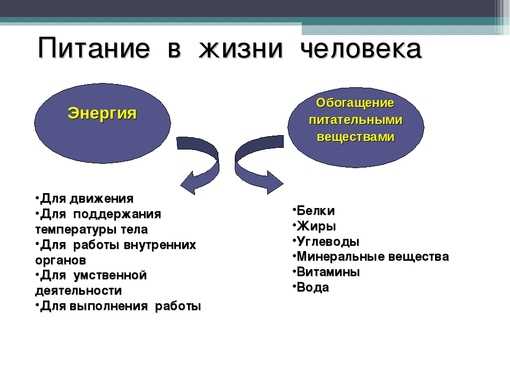
Proper nutrition is an important aspect of butterfly care. They get energy and nutrients from the nectar of flowers. When choosing food for butterflies, their preferences and needs should be taken into account.
It is important to provide the butterflies with a variety of colors by offering different types of plants. Different types of butterflies prefer different types of flowers, so it's important to choose plants that attract specific species. Some butterflies, for example, prefer flowers with soft petals, while others prefer flowers with simple petals. A variety of colors will also help butterflies get a variety of nutrients.
In addition to nectar, butterflies can also obtain nutrients from other sources, such as fruits, juices, or mineral salts. Therefore, you can offer them a variety of nutritional supplements, such as fruit juices or sugar solutions. It is important to remember that butterflies cannot drink water from a normal source, so it is worth providing them with damp sponges or water containers.
In general, choosing proper nutrition for butterflies includes providing them with a variety of nectar-containing flowers as well as additional nutrient sources. This will allow the butterflies to get everything they need for their health and energy, and will also attract them to your garden or front garden.

